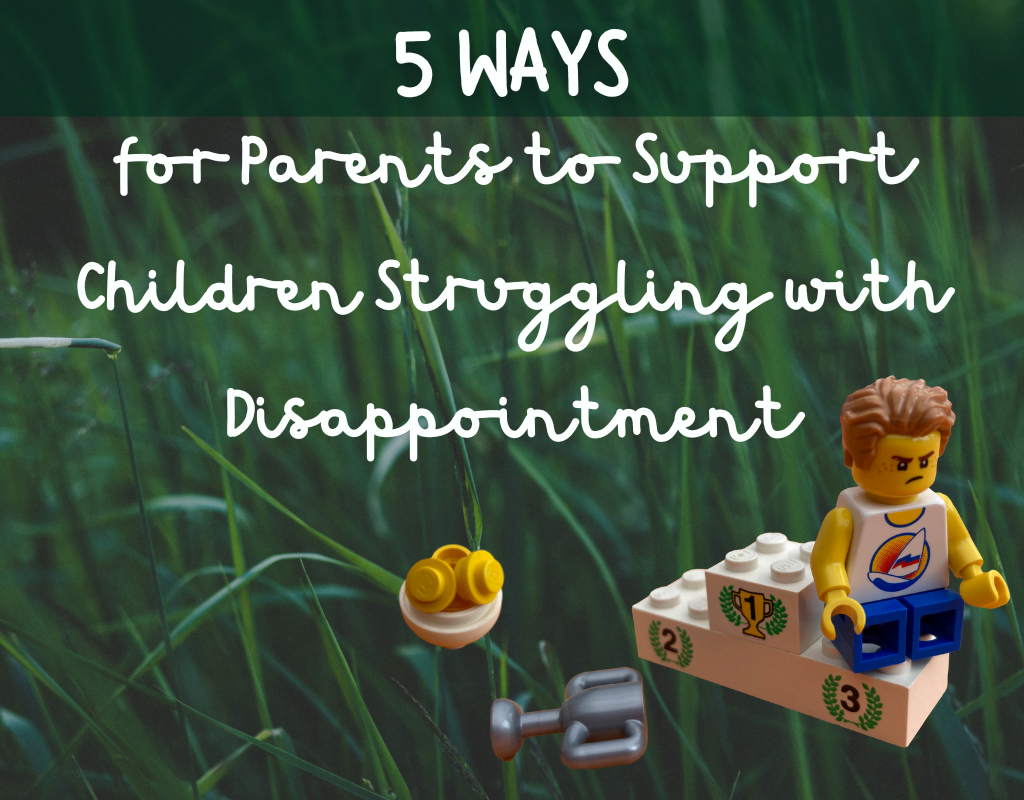When our children suffer a big disappointment it can be heartbreaking for parents. We don’t like to see our children in pain and struggling with some big feelings. Our natural instinct is to immediately step in and try and fix it in any way we can. We want to make them feel better immediately.
Disappointment as a form of grief
But in this article, I want you to step back as a parent and view disappointment as a form of grief. Grief is defined as intense sorrow after a loss. When our children lose something – like a game or the option to engage in an activity – their feelings can be strong and complicated. And as parents we can be left feeling helpless. So, here are my 5 ways for you to approach your child when they are struggling with big feelings of disappointment.
This article is part of our big feelings series and is predominately aimed for those with children between 8 and 10 years old.
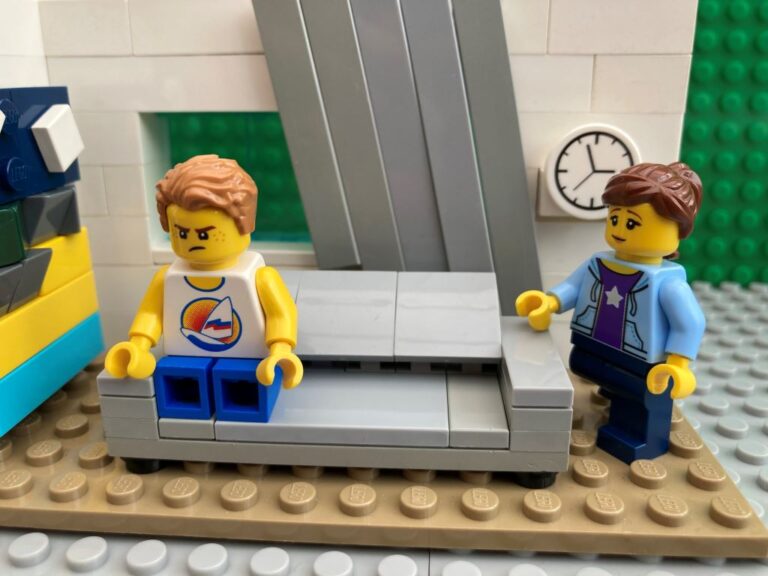
How to Cope with Disappointment
1. What Am I Feeling?
What is your child actually feeling? Disappointment is a big word and can actually encompass a wide variety of feelings and thoughts. Anger, injustice, betrayal, sadness can all be hiding behind your child’s behaviour.
So, sit with them as close as they need you to be. Ask them to share what they are feeling. Let them explore the jumble of emotions going on inside them. If being able to answer is beyond them at this moment, try offering some feeling words and just ask them to nod or shake their head.
And at this point all you do is listen – no solutions, no quick fixes, no platitudes. Just listen.
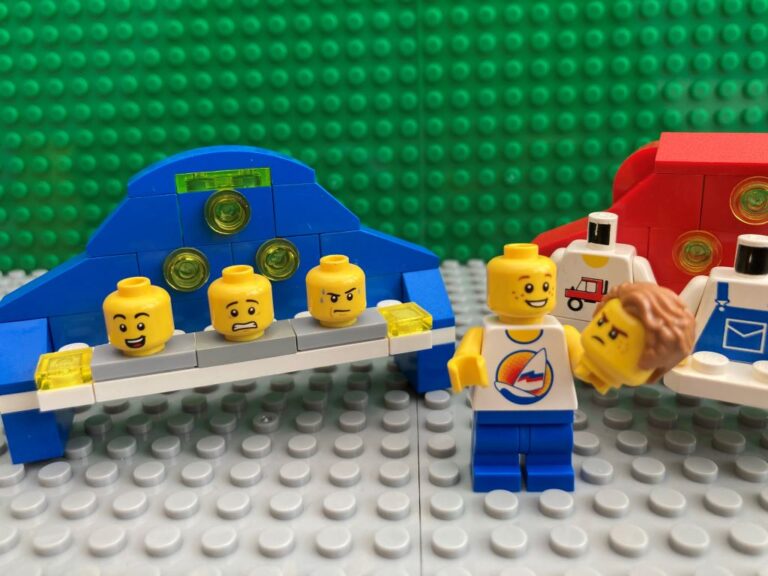
2. Resist the urge to offer a sweet treat
Parents are excellent at bribery. Most of us learn very early on that chocolate, sweets, and crisps are wonderful incentives to get our children to do what we want with minimal fuss.
But for children who are on the cusp of teenage-hood, we need to start thinking about the long-term impacts are of our ‘quick fixes’. If every time your child suffers disappointment in the coming years – such as failing an exam, breaking up with a partner, losing a job, being bullied – we offer them a sweet food to make them feel better, what are we teaching them about dealing with disappointment as an adult?
We need to be teaching our pre-teens how to recognise their big feelings, engage with them and not hide from them by eating cake. We ultimately want them to be able to face everything life is going to throw at them with confidence.
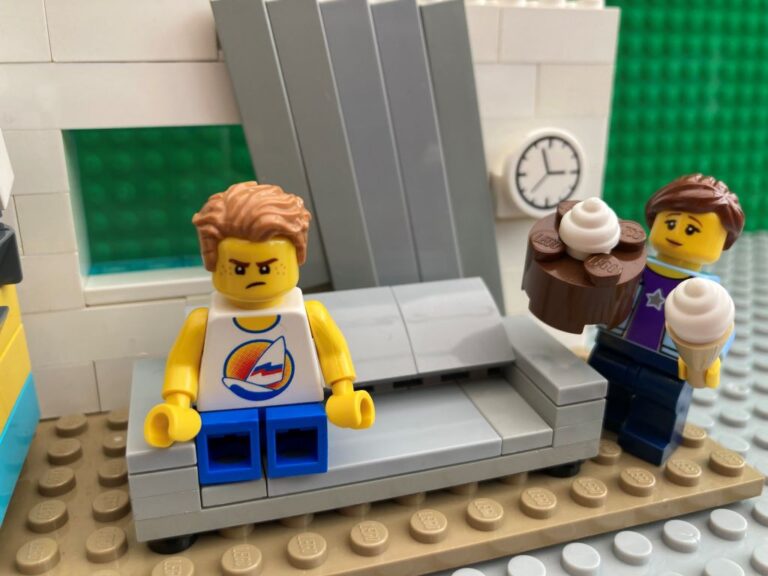
3. Do something physical...
As well as an emotional response to disappointment, there can also be a physical one. Chemicals (serotonin and adrenaline) are released in the brain when we are excited – like anticipating an outing, winning the game, getting picked to play on the team. But if the reward never comes or is different to what we expected – disappointment occurs, and a different chemical response is triggered.
Exercise reverts that chemical shift, releases endorphins and triggers our feel-good neurotransmitters. They can help to balance out our brain again. Engaging in something physical. Walking, running, yoga, jumping, dancing are all great ways to help your child to rebalance their emotions again.
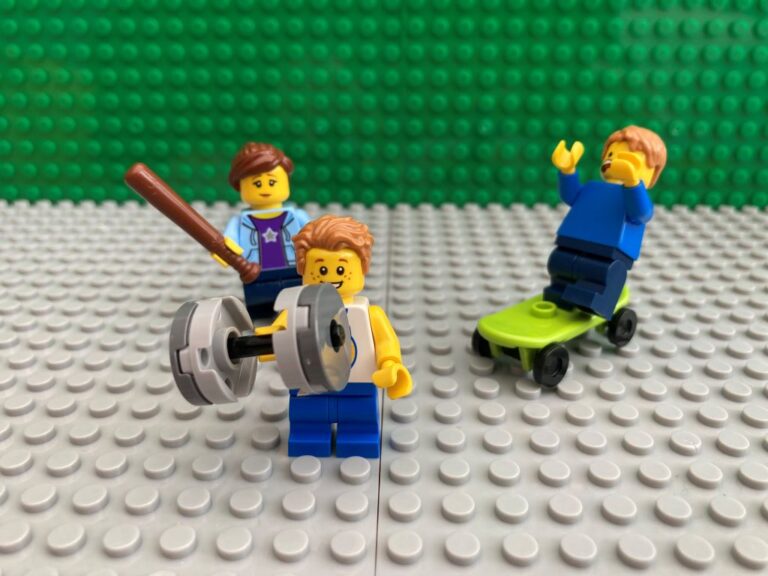
4. Take back control...
A big part of experiencing disappointment is who or what is in control of the events surrounding us. The weather, parents, and time-management are all factors which can lead to disappointment. And are often out of our control.
This out-of-control feeling is then compounded by the wave of emotion that is triggering feelings such as hopelessness, anger, injustice, sadness and so on.
Reminding your children that they still have choices, and what those choices are, can be helpful to move them towards finding their peace again. This is the moment that as a parent you can start gently offering advice or suggestions. When life gives you lemons, you don’t just have to make lemonade. You have choices – even dropping the lemons and simply walking away.
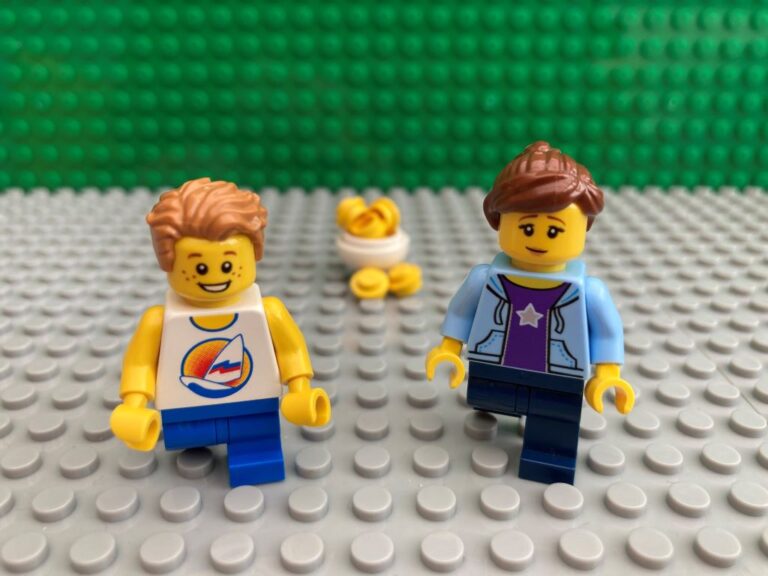
5. Share your story...
Disappointment is not only experienced by children. Why not share with your child a time that you were massively disappointed? Share how you felt and what you did. Let them see that disappointment happens and will happen again. It’s not something to feel afraid of.
By sharing, empathising and becoming a safe, neutral space for your child to experience their big feelings, you will be teaching them how to cope with disappointment in a healthy way for the years to come.
DISCLAIMER: The Lego Group of Companies does not sponsor, authorise or endorse this site.

